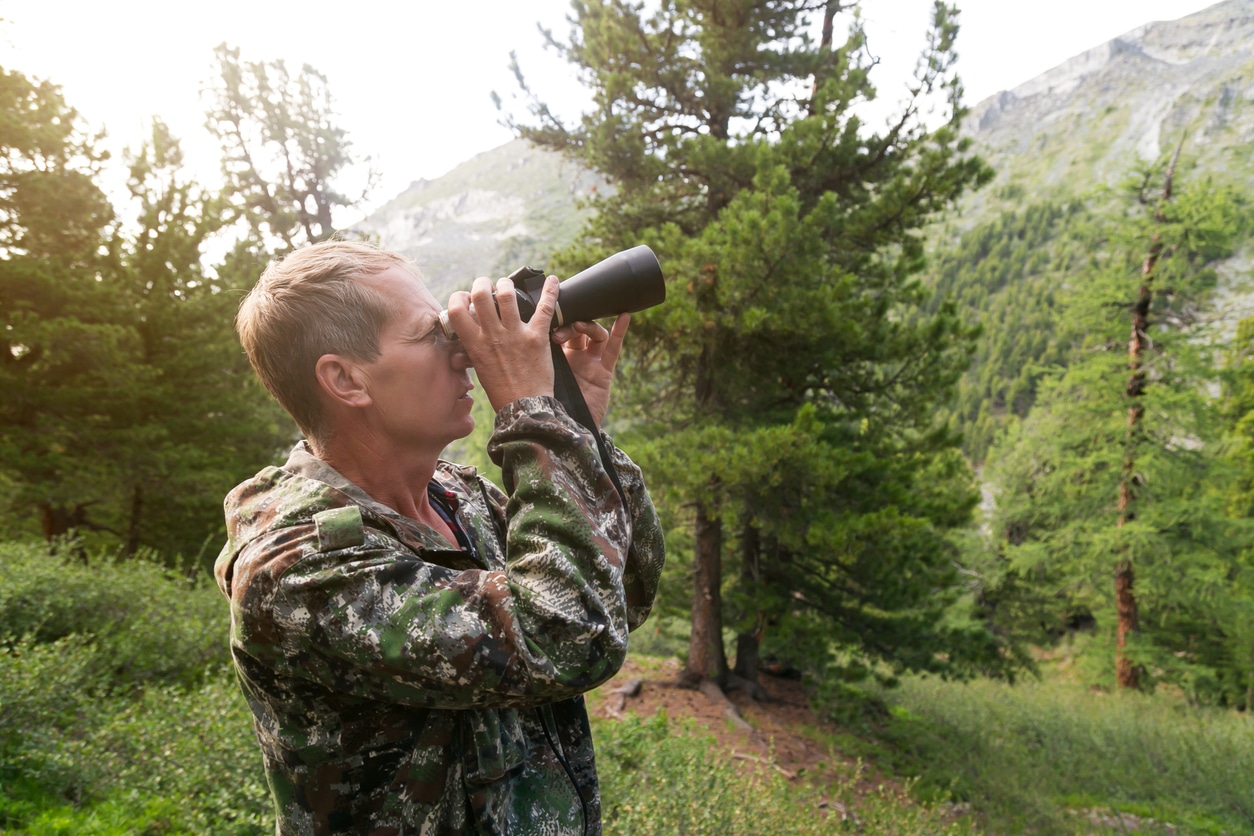When you leave Hampton to go hunting, there are a few things you have to keep in mind, including appropriate clothing, hunting restrictions and safety gear like an orange vest and first aid kit. Some hunters also choose to wear hearing protection like earplugs or earmuffs, while others opt out of ear protection in favor of listening to their surroundings more closely.
One thing all hunters can agree on is that shooting a gun is loud. And when your hobbies expose you to so much loud noise, it’s crucial to know when to see an audiologist for hearing issues.
How Loud Are Guns?

Different guns reach different noise levels. The American Speech-Language-Hearing Association (ASHA) states that small-caliber rifles, air rifles, shotguns and pistols can reach up to 140 dB, and high-caliber rifles can reach over 175 dB.
Long-term exposure to sounds above 85 dB (about the volume of a gas-powered lawn mower) can damage your hearing. The louder a sound gets, the quicker it can damage your hearing. Sounds between 140 dB and 175 dB can damage your hearing instantly.
What Are the Signs of Hearing Damage?
Common signs of hearing damage include:
- Asking others to repeat themselves
- Difficulty following a conversation
- Difficulty understanding people over the phone
- Difficulty hearing high-pitched noises like children talking or birds singing
- Struggling to understand speech in noisy environments
- Turning the TV or radio volume higher than usual
- Prolonged or repeated bouts of tinnitus (ringing in the ears)
- Pain, pressure or fluid leakage from your ear
- Dizzy spells or trouble balancing
You will likely notice tinnitus first because it introduces new noise. Over time, you or your loved ones might notice you’re having trouble hearing speech.
When Should I See an Audiologist?
In some cases, loud noise exposure will cause your hearing to undergo a temporary threshold shift (TTS), meaning your ears will be less sensitive to sound for a few hours or days. While a TTS may return to normal after a few days, repeated instances can lead to permanent damage. Wearing earplugs or earmuffs while hunting or shooting can help prevent this damage. If you don’t want to wear hearing protection, adding a silencer to your gun is an excellent second option if it’s legal in the state where you hunt or register your firearm.
If any of the above signs of hearing loss last more than a few days, you should schedule an appointment with an audiologist at Hampton Roads ENT ~ Allergy for a hearing test. Even if you don’t notice signs of hearing loss, you should schedule annual hearing tests to catch issues before they interfere with your life.
